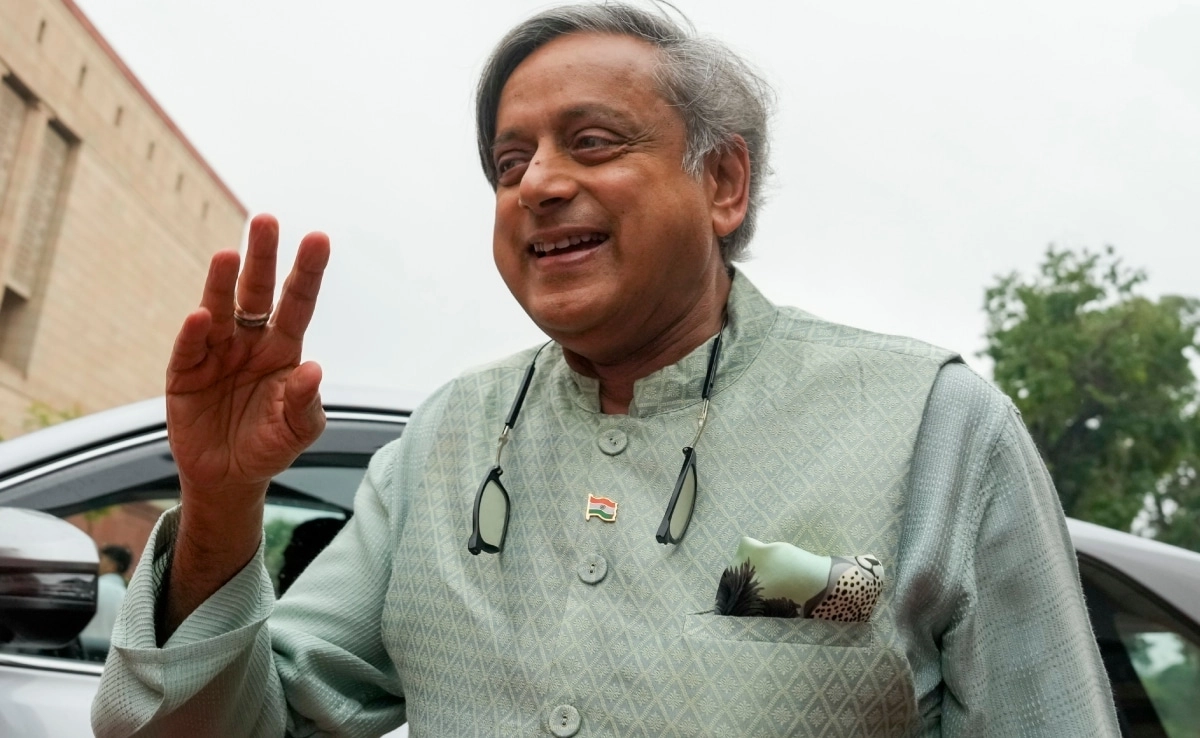Shashi Tharoor, the prominent Indian politician and author, recently made headlines with his sharp remarks during a discussion in the Lok Sabha that revolved around the contributions of Shubhanshu Shukla. Tharoor, known for his eloquence and wit, took the opportunity to critique not only the political discourse surrounding Shukla but also the broader implications of such discussions in the context of Indian democracy. His intervention highlighted the importance of meaningful dialogue in legislative assemblies, emphasizing that discussions should transcend mere rhetoric and engage with substantive issues that affect the populace.
During the session, Tharoor underscored the necessity for politicians to focus on accountability and transparency, rather than indulging in political gamesmanship. He articulated that political leaders have a responsibility to engage with the concerns of the citizens they represent, rather than getting mired in trivial debates. Tharoor’s comments served as a reminder that the Lok Sabha, as a platform for democratic deliberation, should prioritize the welfare of the people over partisan squabbles. His remarks resonated with many, prompting discussions both within and outside the Parliament about the need for a more constructive and inclusive approach to governance.
Furthermore, Tharoor’s critique of the discussion surrounding Shubhanshu Shukla also touched on the role of youth in Indian politics. He pointed out that the younger generation of leaders should strive for a higher standard of political engagement and should work towards fostering an environment that encourages innovative ideas and solutions. By calling for a shift in focus from personal agendas to collective progress, Tharoor positioned himself as a voice for reform and a champion of a more vibrant political culture. His insights invite a reevaluation of how political discussions are conducted in India, urging leaders to be more proactive and solution-oriented in their approach.
In conclusion, Shashi Tharoor’s comments during the Lok Sabha session not only highlighted the shortcomings of current political discussions but also served as a call to action for politicians to elevate the quality of debate within the Parliament. His emphasis on accountability, transparency, and the engagement of youth in politics presents an opportunity for a renewed focus on the core values of democracy. As the political landscape continues to evolve, Tharoor’s remarks encourage leaders to prioritize the needs of their constituents, fostering a political environment that is both productive and inclusive.




